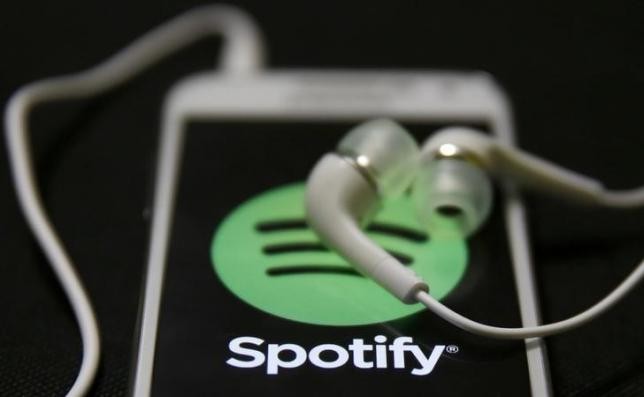The music streaming service Spotify unveiled and then clarified big changes to its privacy policy that expand the amount of data it gathers from its users, and third parties it shares it with. It can now collect photos and contacts from users' smartphones, and track their browsing history when they use a Spotify widget. However, they can also opt out.
Spotify claimed that its newest data collection tools will improve the company's services, and users can opt out of them. However, many account holders are upset.
Spotify's new privacy policy also reveals which third parties the company shares its user data with. It focuses on advertisers.
Most of Spotify's 75 million users use the free version that is supported by advertising. However, the policy also applies to the 20 million people with paid subscriptions, according to The Telegraph.
The company will share the data with music rights holders, mobile networks, and other groups. However, personal information will often first be removed.
Spotify's former public policy did not specifically mention sharing user data with advertisers. It only referred to "trusted business partners," which the company argues it is now clarifying.
In response to netizens' outcry, Spotify posted a blog post on August 21, Friday titled "SORRY." CEO Daniel Elk stated that its users' privacy is the company's top priority, and that users can opt out of some data sharing.
He admitted that the company should have explained the policies better, and how shared information would or would not be used, according to Gizmodo. The company guaranteed that more data collection would result in better service.
In fact, many of Spotify's new data collection techniques will probably create a better user experience. It claims it wants users to find and share more music.



























